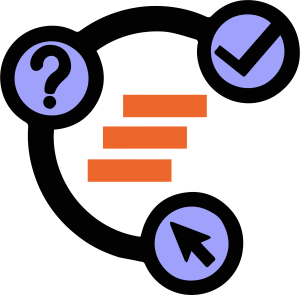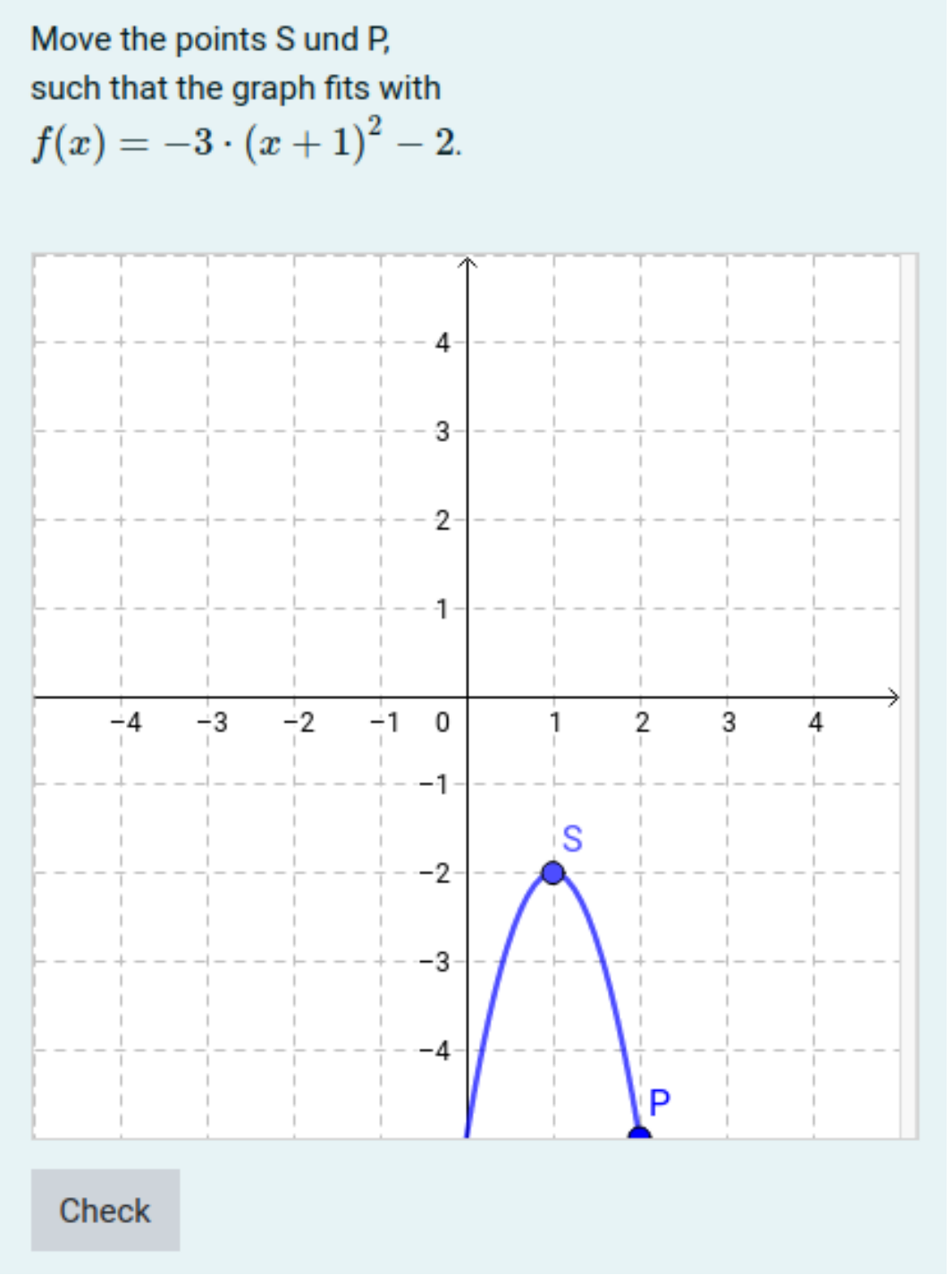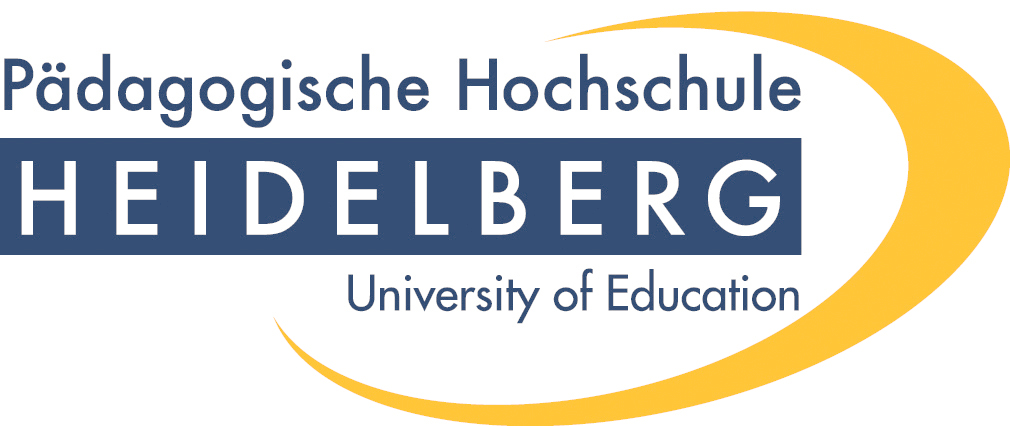Use : PHHD
Topic outline
-
The target group of this course are mathematics teacher students for all types of schools. In this course, participants acquire skills for the conception and design of digital math tasks and automatic feedback, as is possible with the software developed in the project.
The course can also be downloaded here and installed on a Moodle server from version 4.4 with the plugin STACK from version 4.5.
The creation of these resources has been (partially) funded by the ERASMUS+ grant program of the European Union under grant No. 2021-1-DE01-KA220-HED-000032031. Neither the European Commission nor the project's national funding agency DAAD are responsible for the content or liable for any losses or damage resulting of the use of these resources.

-
You will receive information about
- aims
- requirements
- and organisation
of the seminar.
Außerdem probieren Sie
erste digitale Aufgaben mit automatischem Feedback aus und schätzen deren fach- und mediendidaktische Qualität ein.
-
As with the preparation of material when planning a lesson
the following considerations need to be taken into account when designing digital material:- Subject analysis:
You have decided on a topic.
But what aspects of knowledge and skills does this topic cover?
- Didactic analysis
Research: How can learners grasp the topic?
What misconceptions might they develop? - Task analysis
How should the task, how should the feedback be formulated and designed
so that it is understandable and promotes learning?
- Subject analysis:
-
-
-
-
- In this seminar phase, you will develop your task ideas into concepts
which will serve as a template for programming.
- You will receive a structured form for this template in due course.
- In between, analyse some tasks again.
Then analyse according to criteria that you should be familiar with by now.
- In this seminar phase, you will develop your task ideas into concepts
-
- In this seminar phase you will
present your task concept for discussion in plenary.
- What should such a "workshop report" look like?
- Plan for 5 minutes of presentation
followed by 10 minutes of discussion. - Prepare a maximum of 3 slides:
(a) Your topic outlined in keywords
(b) Brief presentation of the possible tasks
(c) Your considerations that you would like to see discussed in the plenary for your decision in favour of one of the tasks. - Your considerations, which you would like to see discussed in the plenary for your decision in favour of one of the tasks,
as soon as you have presented your work for discussion,
revise your concept if necessary
and arrange for the programming.
- Then try out the task with learners of your choice.
- In this seminar phase you will
present your task concept for discussion in plenary.
-
In this phase, you report on
how learners deal with your tasks.Possible evaluation assignments:
- Do the test subjects work with your task
as you expected? - What answers are given?
Are they the expected ones, are they others? - How do you explain these answers
(correct and incorrect)? - Evaluate your task, namely
- with regard to cognitive demand
(passt die Aufgabe zum Lernziel, ist sie zu schwer, zu leicht, ...?), - its digital-media claim
(are texts, images, interactive elements, feedback,... effective for learning?) - other destinations, if applicable.
- with regard to cognitive demand
- What recommendations would you give
for the conception of similar tasks?
- Do the test subjects work with your task
-





